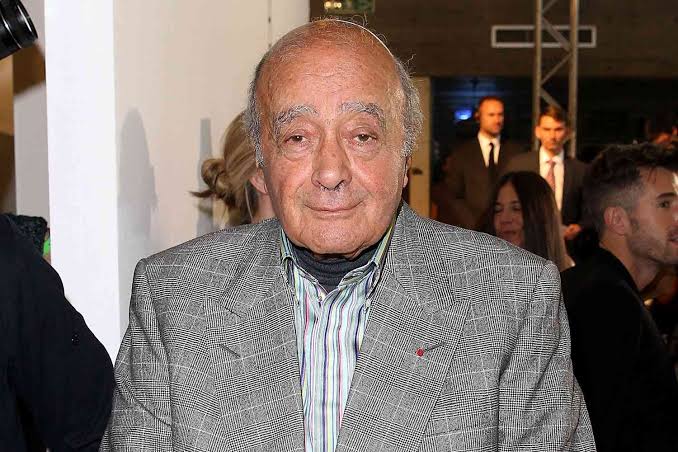Mohamed Al Fayed, the late Egyptian businessman known for owning Harrods and for his son’s tragic death with Princess Diana in 1997, is now the subject of serious allegations of sexual abuse. The BBC documentary “Al Fayed: Predator at Harrods,” released on September 19, 2024, brings these allegations to light, revealing disturbing claims from over 20 women.
The documentary features testimonies from numerous women who allege that Al Fayed sexually abused them during the late 1980s and 1990s. Many of these women were employed at Harrods, the luxury department store that Al Fayed owned for 26 years. The claims span across locations in London and Paris, where Al Fayed also owned the Ritz hotel and a historic villa.
According to the documentary, 13 women report being sexually assaulted at a block of apartments on Park Lane, a place where Al Fayed allegedly offered late-working female employees a place to stay. Out of these, four women claim they were raped. Additionally, nine women describe sexual assaults that took place in Paris, with five alleging attempted rape and one reporting rape.
The documentary reveals that Harrods may have been complicit in covering up these allegations. It is suggested that the company failed to act on complaints and may have even facilitated the suppression of such claims. In response to the BBC’s findings, Harrods has expressed profound shock and remorse. The store has issued an apology, admitting their failures and stating that they are now working to settle claims with some of the victims.
The documentary also covers past police investigations into these allegations. A report from 2015 was investigated, but no charges were filed. By 2018, when another woman came forward, it was determined that Al Fayed’s advanced age and dementia rendered him too old to prosecute
Al Fayed passed away in 2023 at the age of 94, but the allegations against him have resurfaced through this documentary. As some of the women prepare legal claims against Harrods, the company is faced with mounting pressure to address and rectify past wrongs.
The BBC’s expose sheds new light on these serious accusations, prompting discussions about how institutions handle allegations of sexual abuse and the responsibility they hold in such cases.







